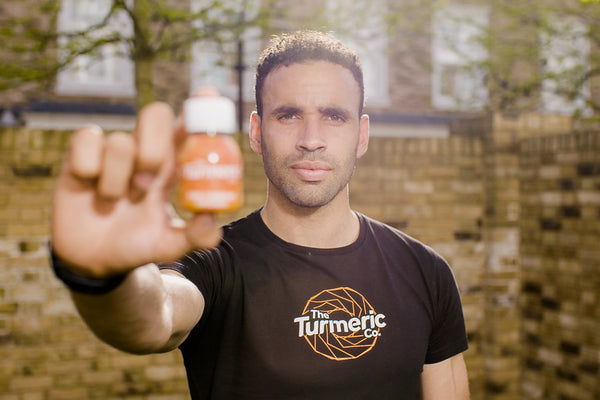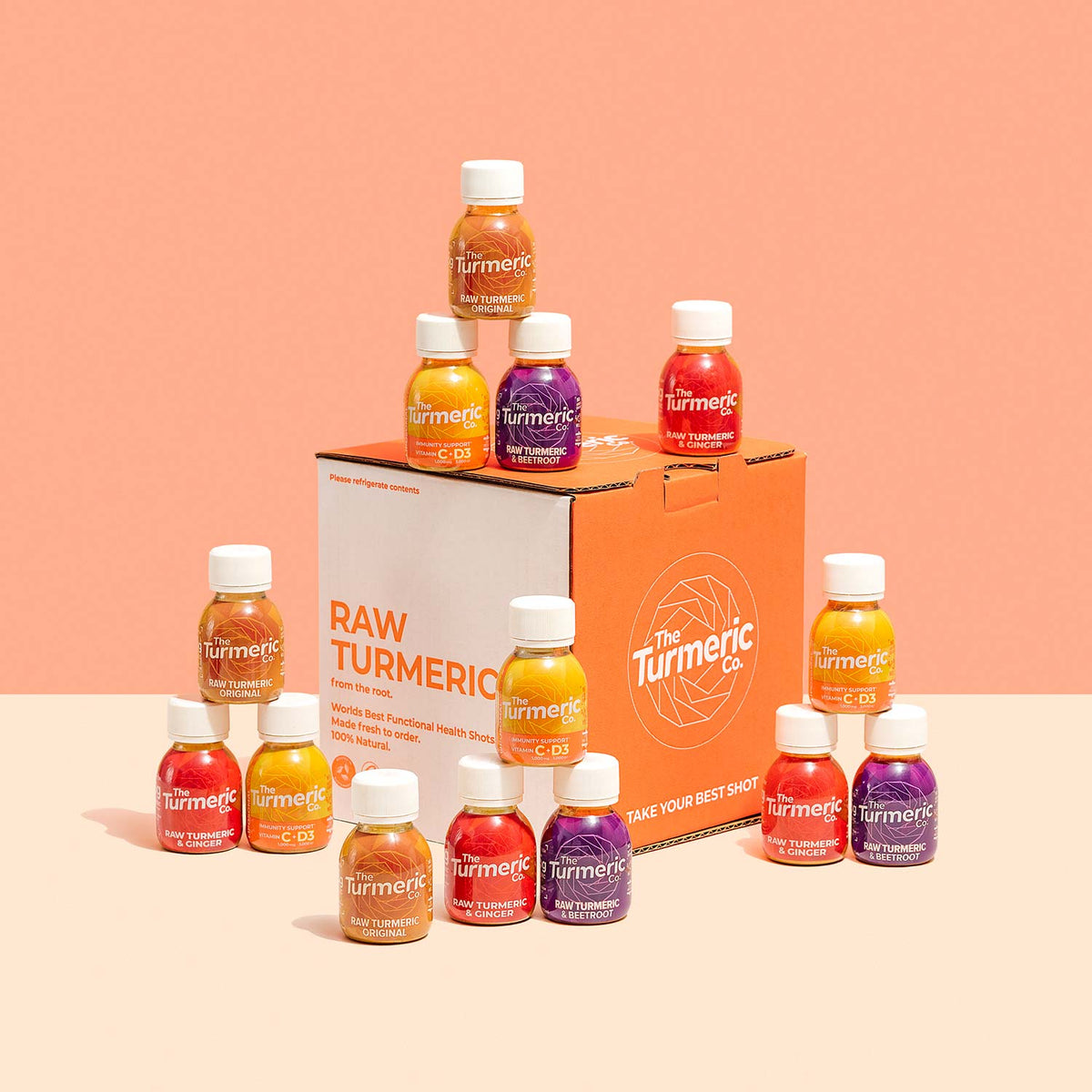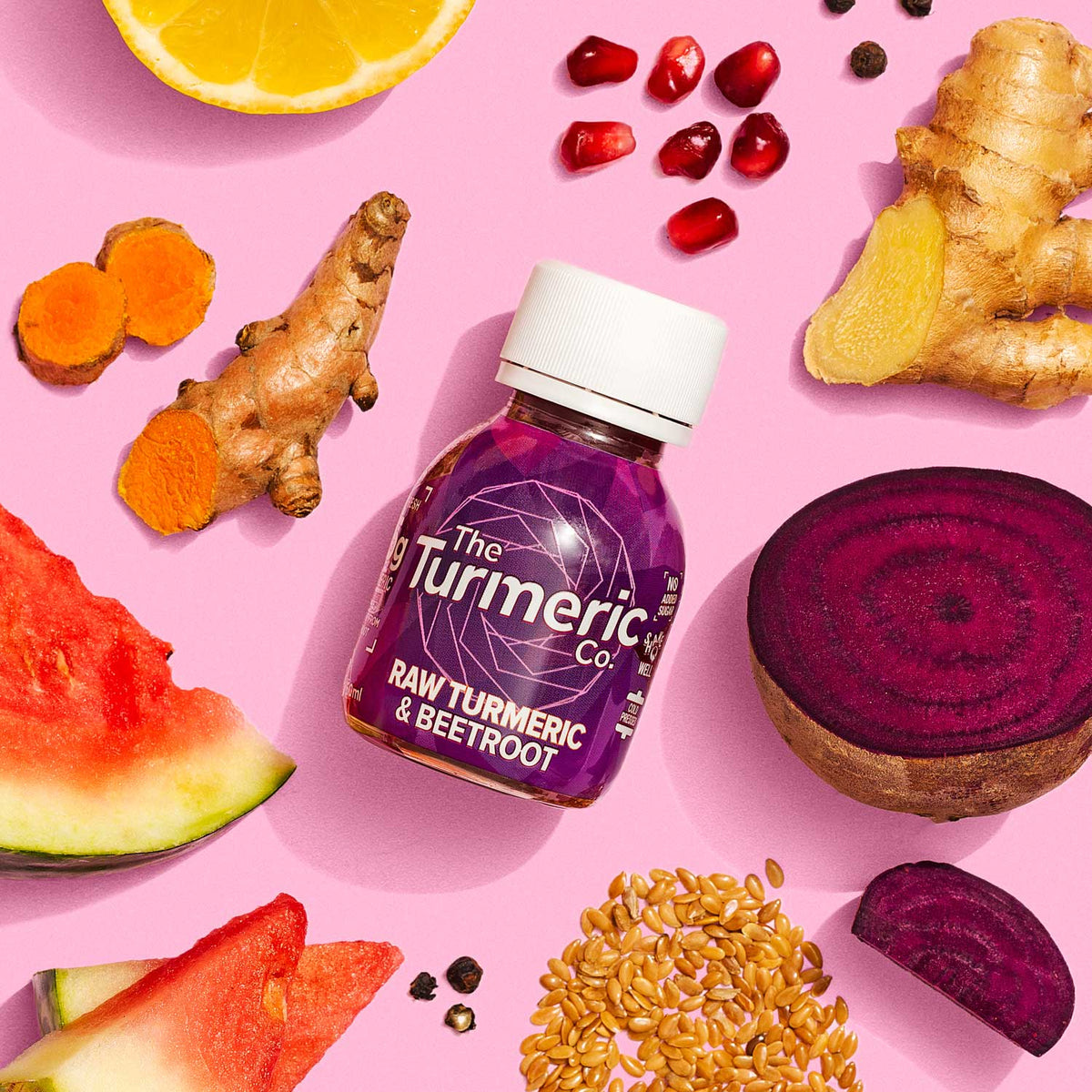We love to complain about the weather. It’s always either too hot or too cold! Even if you’re a bit of an aircon fiend on holiday, it’s no doubt we’re happier in the sun.
And there’s good reason for it too.
Wherever there’s sunlight, there’s a dose of vitamin D – so getting out of the house is crucial to a healthy body and mind. The fresh air and exercise is an added health bonus.
But what can we do in the dark winter months when we’re usually working through the entirety of the daylight hours?
Vitamin D deficiency
Vitamin D plays an extremely important role in the body’s immune system.
It functions as a hormone and has an effect on every single cell in your body.
Muscle and bone pain, tiredness and fatigue, and getting sick fairly often are all symptoms of Vitamin D deficiency, among others.
It is recommended that we get at least 400IU (international units) of vitamin D every day, if not more, and it’s very common for people to come nowhere close to this measure.
What is it good for?
Vitamin D comes with some vital health-boosting and disease-preventing properties.
Here are the 3 main benefits it can provide:
1. Reduces anxiety and depression
Vitamin D can play an important role in treating and preventing symptoms of depression.
Those with a deficiency tend to show more symptoms of depression, and those supplementing the vitamin have shown reduced symptoms.
This is due to the hormonal behaviours of vitamin D and brain cells, just like every other cell, having direct receptors.
2. Weaponises your immune system to combat disease
Vitamin D regulates the absorption of phosphorus and calcium which both help to facilitate immune system functionality.
The immune system is our body’s defence mechanism that fights off antibodies to prevent illness and disease.
The more we support our immune system by consuming the necessary vitamins and minerals and avoiding toxins like alcohol and trans fats, the less likely we are to fall ill.
A combination of vitamin D and curcumin, found in turmeric, has also been shown to help the immune system fight protein plaques that are linked to degenerative diseases like Alzheimer’s.
3. Boosts and supports weight loss efforts
Studies have suggested that higher vitamin D intake correlates with a lower body fat percentage.
One trial which consisted of 218 subjects being put on the same calorie-controlled diet and exercise routine, concluded that a good dose of vitamin D can increase weight loss by an average of 7 pounds over a year.
What if the sun’s not shining?
Luckily, the sun isn’t the only source of vitamin D and there are a number of ways you can get a ‘dose of sunshine’ even when it’s dark and cold.
Dietary supplements are your easy option to guarantee you’re getting your recommended daily dose, but they can be a bit on the pricey side.
They come in the form of easy to swallow capsules, tablets or liquid form, so take your pick!
Oily fish, red meats and egg yolks are three foods with decent vitamin D content. They’re fairly easy to fit into your diet, but can be difficult to make up the whole daily recommended dose.
The best method may be to take the supplements to guarantee your body gets what it needs, then top off the intake with a healthy diet combining some of the above foods.

The Hal Robson-Kanu Guide To Fitness & Nutrition
Gain exclusive insight into habits that will make every day a healthy and fulfilling one.













